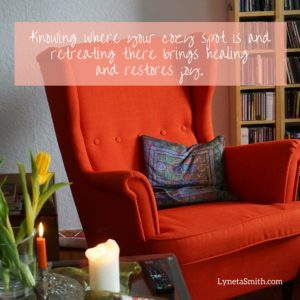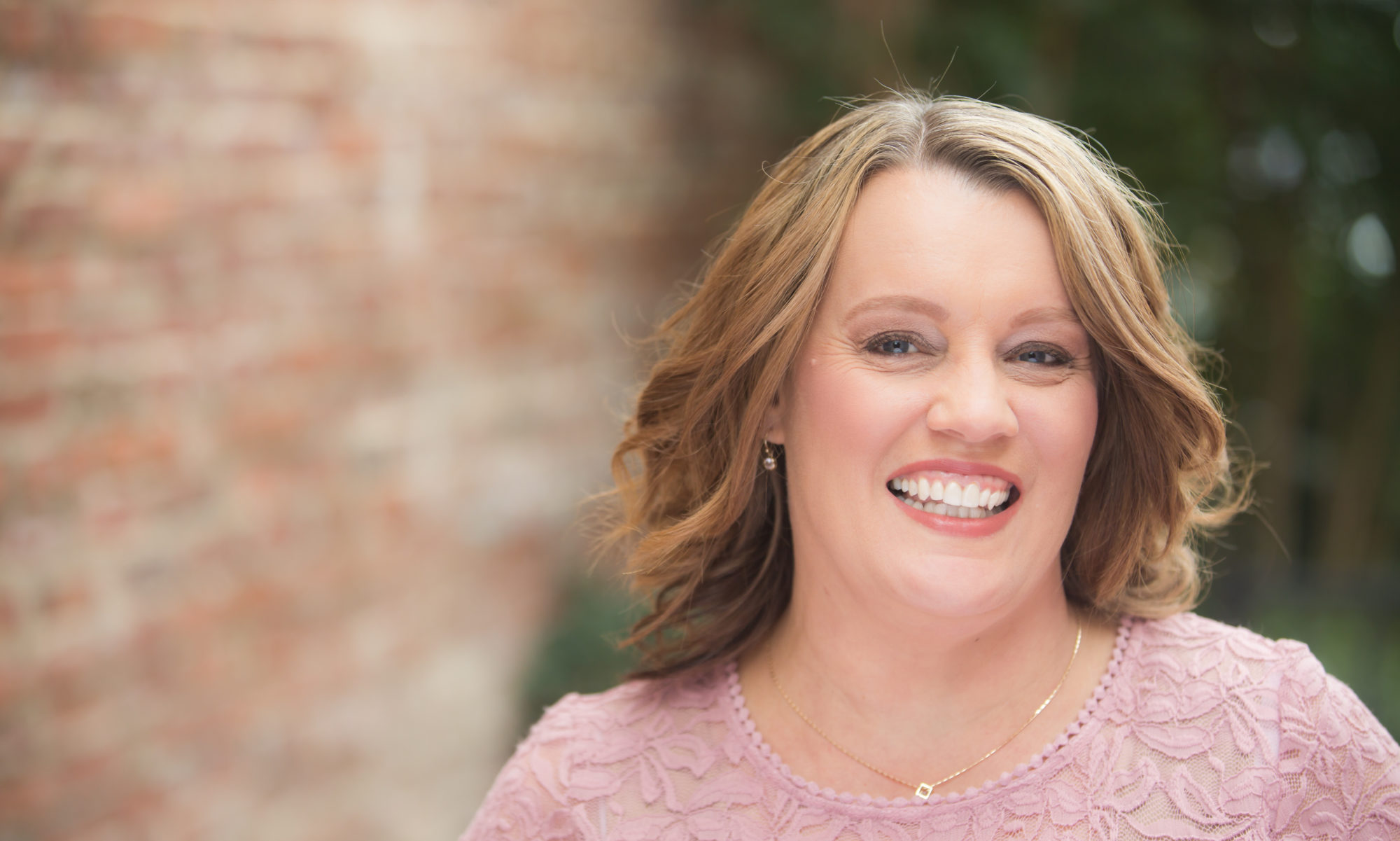Joy Suckers: How Do I Deal With Negative People?
This morning I’m sitting in my cozy office, with a candle burning and a hot cup of coffee. The only sounds I hear are the contented sighs of my cat and soft snores of my Boston terrier. 
But outside, it’s not so comfy. From the office window, all I see are gloomy grey clouds and snow on the roofs from yesterday’s flurries. A little bit ago, I heard the front door close as my husband headed out for a walk, garbed with heavy winter coat, hat, and gloves. My weather app says it’s 21 degrees out there.
Quite the contrast.
That reminds me. There are two kinds of people in the world. Those who bring you warmth and comfort, whose company you can soak up over a hot cup and never want to leave. Then, there are those whose presence means you have to bundle up and grit your teeth until you can get back into the warmth again.
They’re negative, focus only on themselves, and are often completely unaware of how toxic their behavior is. Either they cut you down by saying negative stuff about you, or continually complain about themselves or other people in their lives.
We can’t change what other people say or do, or how they think. But we can change what we say and do by changing how we think.
The big myth a lot of Christians believe is that loving people equates to putting up with negativity and other bad behaviors. We sigh that there’s nothing we can do about it; it’s our cross to bear.
But is it our cross to bear? I’ve come to change my mind on this. Actually, the kinder thing to do with negative people is to give them less influence over your life. Allowing them carte blanche access to toxify your emotions and bring you down does them a disservice because they’ll never consider the impact of their actions.
Since learning this, I have ceased to give many people access to my deep-felt emotions. The results were more amazing than I imagined. I have more room for positive, growth-enhancing people in my life now. (And yes, my friend circle is gradually changing.)
Be Careful How You Define Friend
Not everyone you work with, minister to, or socialize with has to be your friend.
Sometimes we throw that word, friend, around a little too loosely. Often we mean acquaintance or companion, which isn’t the same as two people who care deeply about each other’s wellbeing, feelings, and aspirations.
Separating our acquaintances, colleagues, and members of our social circles from the group of people we trust with our hearts provides a barrier to negativity.

Then, here’s the key:
Don’t allow negative people into your friend circle. Yes, we want to treat them kindly and respectfully, just as we want to be treated. We set a good example of positivity when we interact with them and focus on the positive things. But we don’t allow them in to the deep places because that’s where the damage of negative, toxic thinking is done.
That may mean significantly reducing the time spent together. It certainly means reducing the type of stuff we talk about with them.
But What About Our Relatives?
Family members are a little trickier than others. If you’ve come from a toxic family of origin, those relationships are even harder to navigate. Often, it takes a lot of study and soul searching to realize what healthy family relationships look like. It’s even more painful to admit the damage done to your heart.
Often, when you take steps to protect yourself from toxicity, negative family members will pile on guilt-inducing pleas not to change the status quo.
If you really want to protect yourself, you’ll have to be firm in that decision and realize that not everyone will be happy about it.
That’s okay! It’s not your job to make them happy. You can still be kind and respectful, but you don’t have to bow to their demands that you listen to every single negative thing they say.
Much like reducing the impact of negative acquaintances and colleagues by changing your definition of “friend,” you can change your mindset about the sway negative relatives have on your emotions. Often, once you become okay with allowing others to be upset with your choices (like not spending as much time with them), you’ll reduce the impact even more.
It’s Not One and Done
As with any relationship, covering yourself to protect from negativity takes time and multiple steps.
I started by saying, “Have you talked to So-and-So about this?” when the conversation turned to negative talk about another acquaintance. If that boundary doesn’t work, I simply move it back farther and farther until I’m out from under the toxicity raining down.
Relationships with negative people don’t have to suck the joy out of our lives. Often, the ability to remove ourselves from victim mode (e.g., That’s just the way she is; I’ll always have to listen to her complain) to a stronger and more healthy position in the relationship brings back our joy.
Knowing where your cozy spot is and retreating there brings healing and restores joy.
I’ve found I have more room to give encouragement, hope, love, and other forms of positivity when I’m not overcome by negativity. It’s a long, sometimes painful process, but oh, so worth it!
This blog post is only a beginning primer on reducing the impact of negative people on your life. I highly recommend Henry Cloud’s books on setting and maintaining boundaries in relationships.




The Conversation
Great advice!!!!!!
Thanks, Judy!
This has always been a struggle for me…where showing Christ’s compassion ends and setting boundaries begins. Thank you for sharing your thoughts on the subject.
Thanks for reading, Michelle!
Loved your analogy about bundling up to face the cold compared to protecting ourselves from negativity. You’ve offed some sound advice. One thing I’d add is that even if we find it necessary to distance ourselves from folks to avoid being pulled into a “circle of negative thoughts,” we should continue to pray for them. I’ve always said “we cannot change others, we can only change ourselves.” But, the grace of Jesus is infinite and He can change their hearts and help them view the world through a lens of love rather through the darkness of anger. Wishing you blessings!
Thank you, Katherine! I agree, prayer is the most important thing we can do.
Such great perceptions and advice! Thank you!
I appreciate you reading, Chris! Glad it was helpful.